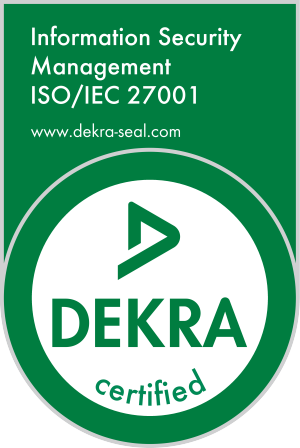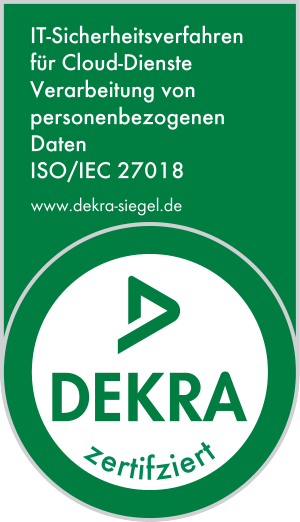Lobster Data Platform
The No-Code Toolkit for
Total Data Control.
Data silos and complex integrations slowing you down? The Lobster Data Platform empowers you to connect, control, and capitalise on your data effortlessly — all without writing a single line of code. Ready to simplify your data journey?



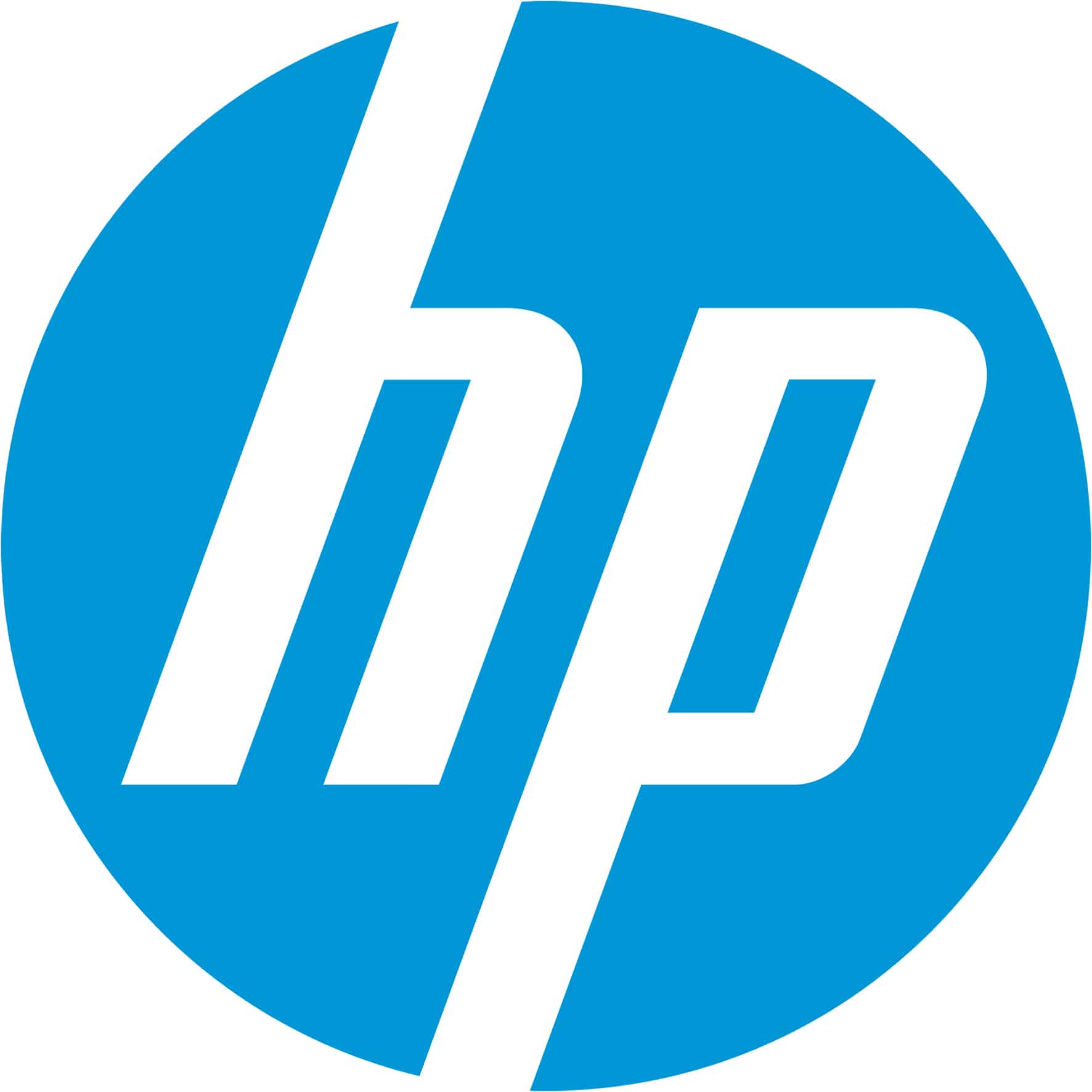
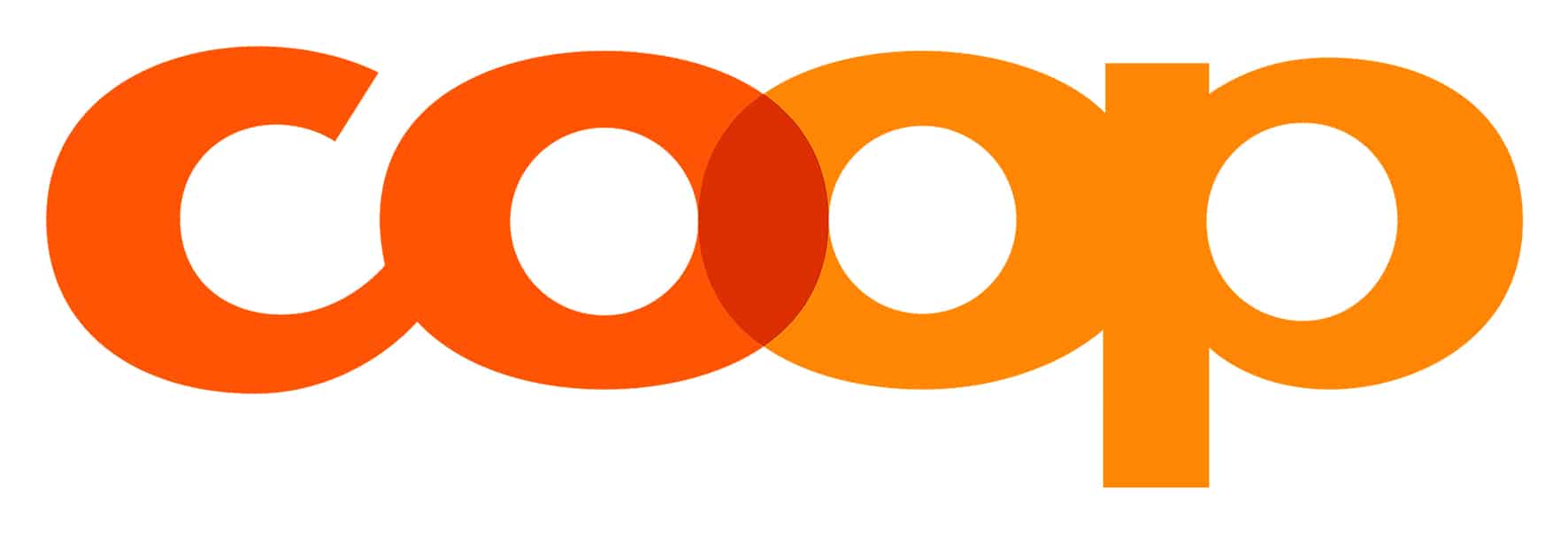




Welcome to a New Era of Data Control.
The Lobster Data Platform.
Effortlessly transform your business with our comprehensive capabilities. Seamlessly connect systems without coding, automate workflows, and harness insights to streamline operations and stay in control with secure, compliant deployment options that prioritise governance and flexibility.
From Integration to Impact.
Discover how our Connect & Integrate, Automate & Visualise, and Deploy & Control capabilities boost efficiency, enhance connectivity and elevate your operations.
Headline Image Text
Lorem ipsum.

John Doe
“Lorem ipsum dolor sit amet consectetur. Vitae eget tempus risus erat aliquet. Morbi non sit orci vitae eu enim.”
Lobster Data Platform
Connect & Integrate.
Start by connecting all your data sources and systems to the Lobster Data Platform. No matter the channel – we can connect it.
- Connect All Data Sources: Integrate databases, applications, cloud services, IoT devices, and more.
- Drag-and-Drop Integration: Set up integrations with our user-friendly interface.
- Break Down Silos: Ensure smooth and efficient data flow across your business.
Headline Text Image
Lorem ipsum.
Lobster Data Platform
Automate & Visualise.
Once connected, automate processes and visualise insights. Turn repetitive tasks into automated workflows and make data-driven decisions.
- Automate Repetitive Tasks: Streamline workflows with our no-code automation tools.
- Visualise Data: Create custom dashboards and reports to gain real-time insights.
- Enhance Decision-Making: Turn data into actionable insights for better business outcomes.

John Doe
“Lorem ipsum dolor sit amet consectetur. Vitae eget tempus risus erat aliquet. Morbi non sit orci vitae eu enim.”
Headline Image Text
Lorem ipsum.

John Doe
“Lorem ipsum dolor sit amet consectetur. Vitae eget tempus risus erat aliquet. Morbi non sit orci vitae eu enim.”
Lobster Data Platform
Deploy & Control.
Finally, deploy your solutions to secure your data, achieve your goals, and maintain robust governance.
- Flexible Deployment: Choose from on-premises, cloud (iPaaS), or hybrid options.
- Governance & Security: Protect your data with enterprise-grade security features.
- Compliance & Audit Trails: Meet GDPR and other regulatory requirements effortlessly.




Best-in-Class Solutions.
Customers love Lobster – and the proof is in the rankings. G2 reports consistently rate us as a top performer.
Make Data Your Strongest Asset.
Take the first step towards transforming your business operations and unlocking new opportunities.
Item #1
Lorem
Item #2
Lorem
Trusted by Over 2,000 Customers.
Hear from our long-standing customers who have experienced the Lobster difference firsthand. Many have been with us for over a decade.

Achim Straile
“Our EDI projects now take around 2 months instead of 5–6, which has really accelerated our operations, changing them for the better.”

Torsten Frantz
“Since 2009, Lobster has grown with us, from one customer to over 800 partners, which just goes to show how scalable Lobster really is.”
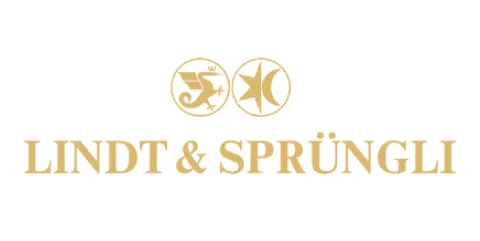
Frank Glienke
“Lobster made a huge difference for us, improving both the quality and efficiency of our logistics by automating our processes.”
Facts & Figures.
Why Lobster?
Lobster accelerates growth by empowering teams to create and customise workflows without code. This people-centric, no-code approach sparks creativity and streamlines project delivery, so your organisation stays ahead of the curve.
No-Code Freedom.
Empower your team to manage integrations and workflows without coding.
- User-Friendly Interface: Manage data processes using drag-and-drop building blocks.
- Optimise Resources: Share workloads and leverage collective expertise to maximise productivity across your organisation.
Future-Proof Solutions.
Stay ahead with our evolving platform and get ready for your AI strategy.
- Data Strategy: Make the most of your data for intelligent automation.
- Scalable Architecture: Scale effortlessly as your business grows, adapting to demands without compromising output.
All Use Cases Covered.
Benefit from ready-made Data Products and the expanding Lobster Data Network.
- Comprehensive Capabilities: Create robust solutions perfectly tailored to your needs with versatile features.
- Flexible Deployment: Deploy on-prem, cloud, or hybrid to fit your needs and integrate with your system seamlessly.
Numbers Speak Louder Than Words. The Lobster Data World Simply Adds Up.
Item
More Data Processed Daily.
Item
Cost Savings.
Item
Faster Time to Market.
Let's Talk.
Good Questions, Already Answered.
How is the Lobster Data Platform different from other integration solutions?
Our platform offers a no-code environment, empowering you to manage complex data integrations and automations without technical expertise. With upcoming AI-enhanced capabilities, we provide flexible and scalable solutions tailored to your needs.
Do I need technical expertise to use the Data Platform?
No, our intuitive interface is designed for users of all backgrounds. You can configure and manage data processes without writing any code.
Can I integrate my existing systems with the Data Platform?
Yes, Lobster’s Data Platform supports integration with a wide range of systems, including ERP, CRM, TMS, WMS, and more.
How does the Data Platform handle scalability?
Our platform is built to grow with your business, accommodating increasing data volumes and complexity effortlessly.
What support options are available?
We offer comprehensive support services, including onboarding assistance, training, and ongoing technical support to ensure your success.

